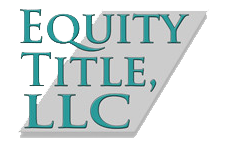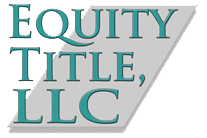Why do I need both a Title Search and a Lien Search?

First let’s explore the difference between a title search and lien search.
A title search, by definition, is a detailed examination of the historical records regarding a property. These records include any documents that have been recorded against a certain property. These records could include deeds, mortgages, judgments and a multitude of other relevant documents. The purpose of this search is to verify the seller’s right to transfer ownership and discover any recorded liens, defects or issues that could affect the transfer.
Can someone put a lien on your house without you knowing? Sometimes, a creditor may put a lien on your property called a UCC-1 Financing Statement. You may not always know that a lien is there if you finance solar, a water system or possibly even an a/c unit with a financing company.
A lien search – on the other hand – uncovers any pending unrecorded issues from the municipalities tied to the property. The three important areas this search covers are (1) open permits, (2) code violations and (3) outstanding utilities. These departments may have liens that could cause issues for the new owner if not taken care of prior to the transfer of ownership.
A lien letter is not often made public. One example of such would be a code enforcement lien against a vacant lot with a contract price of $10,000. In this scenario, the lien discovered was for the demolition of a dwelling and posted $18,000 due. Without a lien search, this lien would not have been noticed until the new owner went to build a home or contacted the permitting department for any reason.
Now the question becomes, “Do I really need to have both searches done?”
We get this question quite often and understand the need to cut out frivolous, unnecessary expenses. That being said, we recommend both title and lien searches for the peace of mind and other benefits they offer.
Call Equity Title, LLC, 863-802-9300, today for more information on Title and Lien Searches, or fill out the form below and we’ll get back to you!













